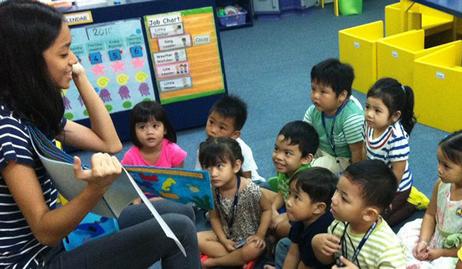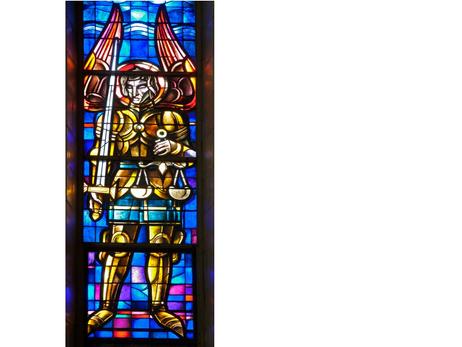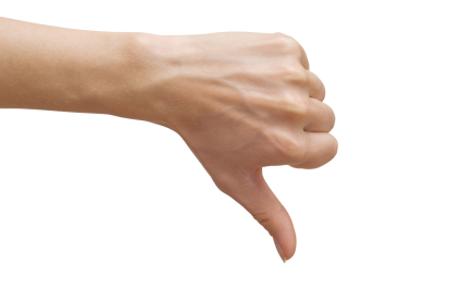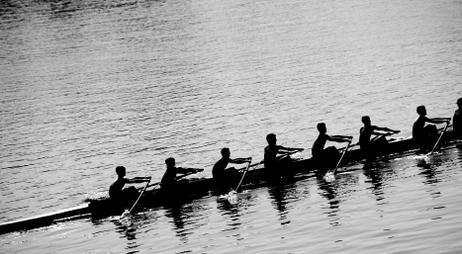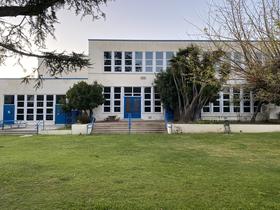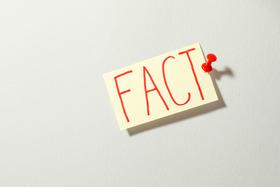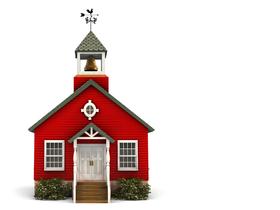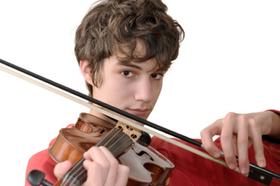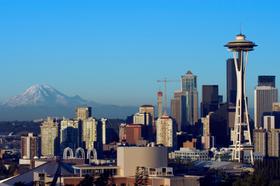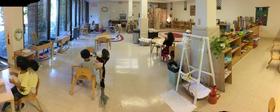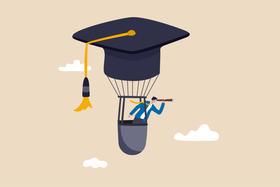Progressive schools have been around since the early 1900s. Some educators think that progressives are rebels against traditional rote learning. Progressive educators like to think of themselves as reformers. The truth is somewhere in between the two points of view.
This video offers an overview of the Progressive movement.
The movement has an interesting history. Read about John Dewey (1859-1952), the modern founder of the movement in the U.S. You can only wonder what might have happened to public education had some of his ideas taken root. As it is, progressive educators and schools that employ their philosophies are confined to the private sector. A list of private schools that embrace progressive ideals, teachings, and curricula is below.
- Bank Street College of Education
- Buxton School
- The Calhoun School
- The Children's Community School
- The Children's School of Oak Park
- The City and Country School
- Dalton School
- Foundations School Community
- Friends Community School
- Greenwood Friends School
- The Little Red Schoolhouse and Elisabeth Irwin High School
- The Little School
- The Manhattan Country School
- The Miquon School
- Oak Lane Day School
- Oakwood School
- Our Community School
- The Park School of Baltimore
- The Park School of Buffalo
- The Philadelphia School
- Presidio Hill School
- The Putney School
- San Roque School
- The School in Rose Valley
- Sequoyah School
- St. Francis School
- Westland School
- Windrush School
- Wingra School
The Origins of the Progressive Movement
In

